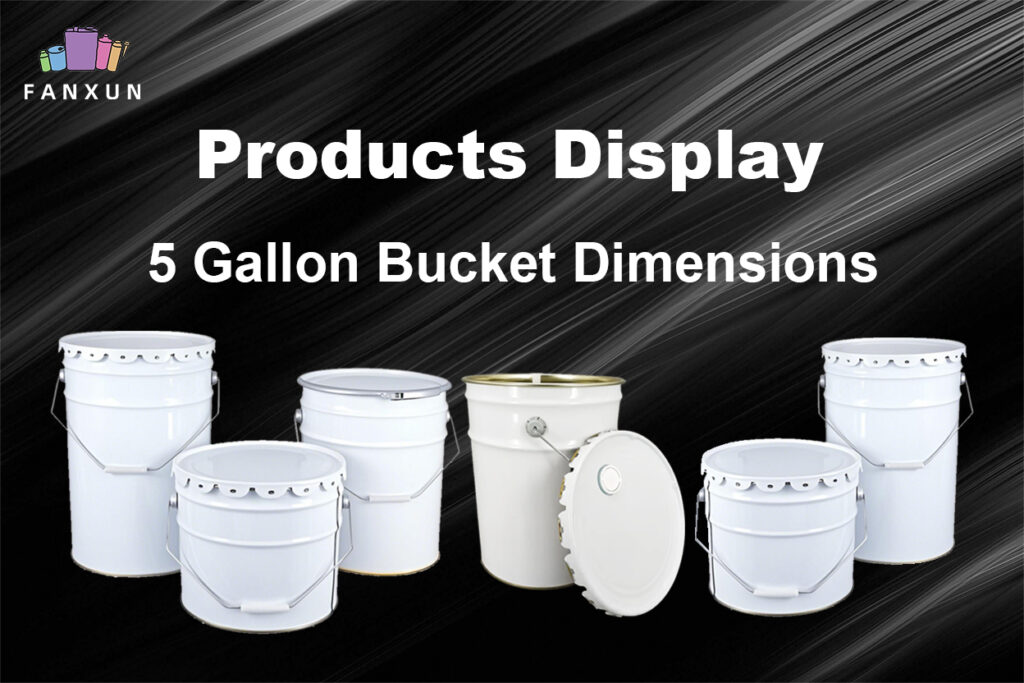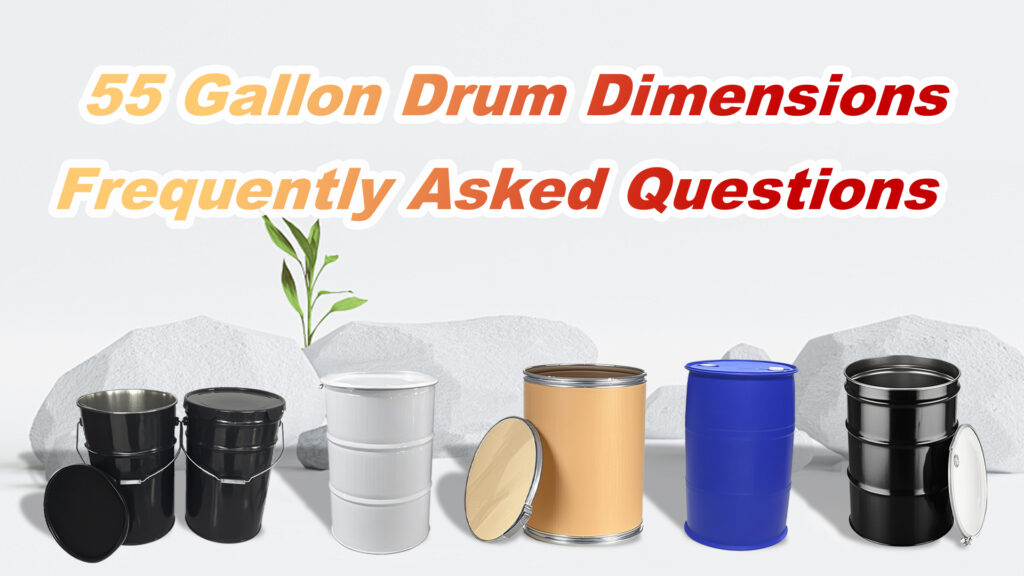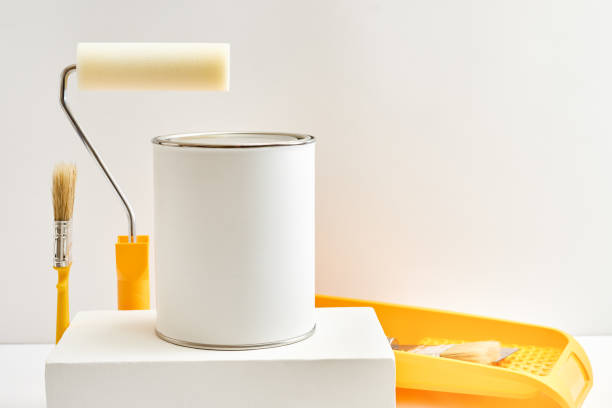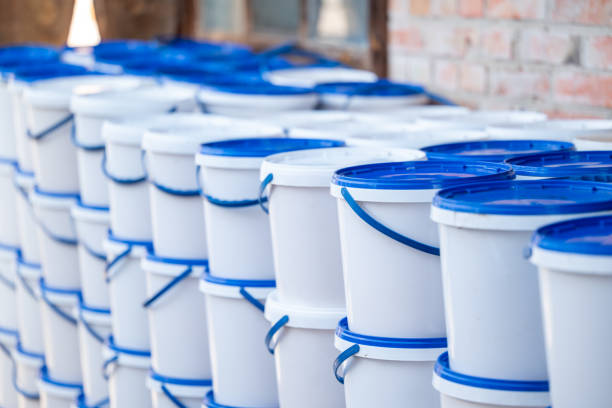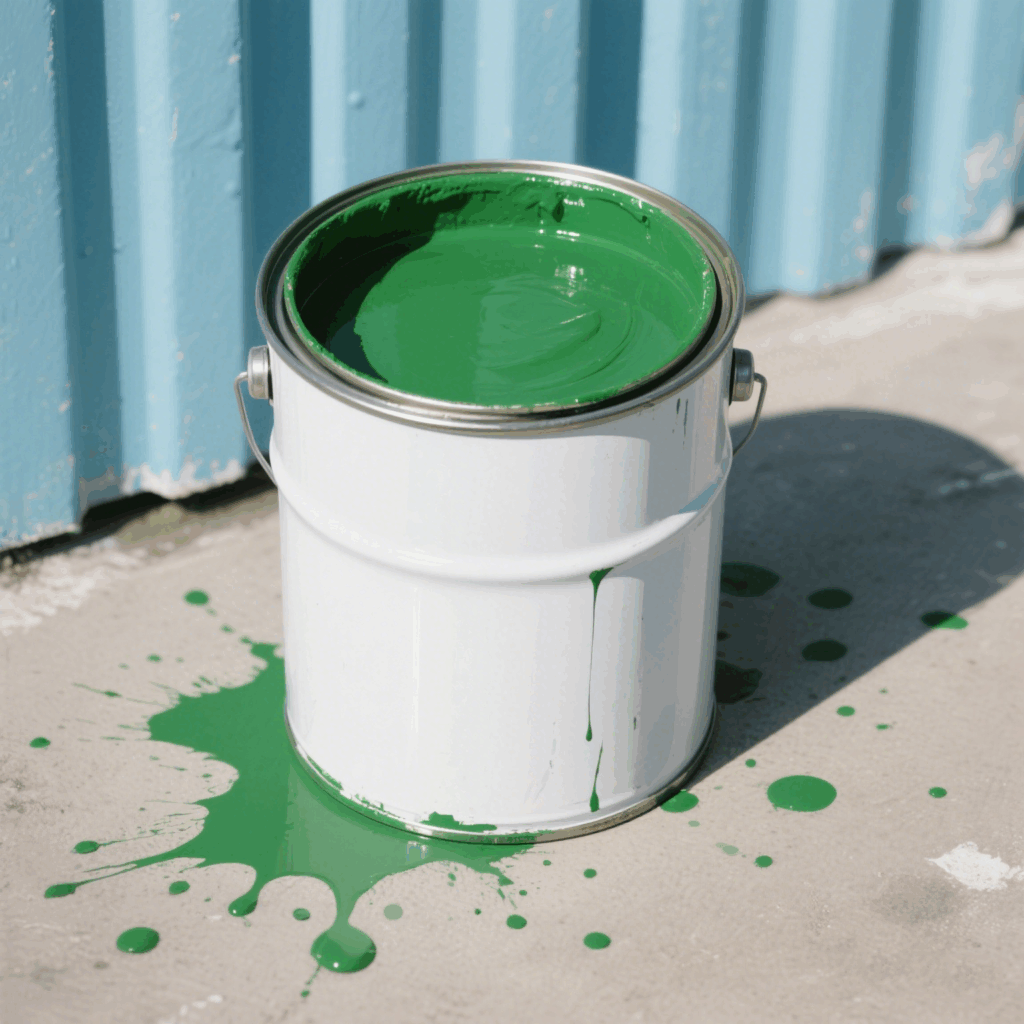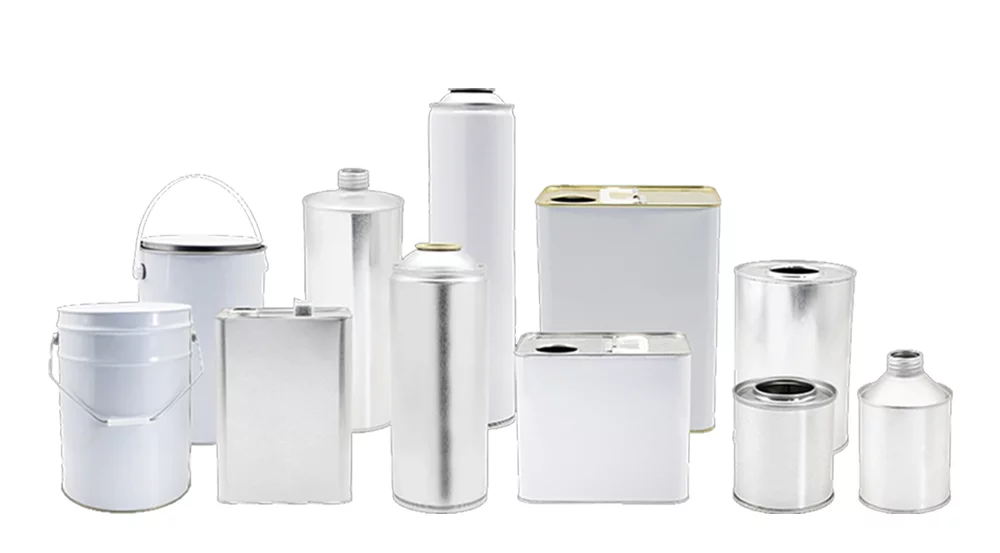If you’ve ever used a portable camping stove, a blow torch, a butane-powered tool, or even certain types of lighters, chances are you’ve handled an aerosol gas cartridge. Despite being compact, these little metal cans hold a great deal of energy—and come with a fair amount of questions. How safe are they? Expirent-ils? What should you look for when buying them? How should they be stored and disposed of?
This guide dives deep into the world of aerosol gas cartridges, giving you a 360-degree understanding from a user’s perspective. Whether you’re a camper, a chef, a technician, or a general user just trying to stay safe and efficient, this is your go-to article.
A Brief History of Aerosol Gas Cartridges
The concept of gas in pressurized containers goes back to the 1920s and 1930s. Cependant, aerosol gas cartridges—especially butane, propane, or a mix—started to become widely used after World War II.
-
Post-war boom: In the 1950s and 60s, portable cooking and heating devices became popular, and small gas cartridges were ideal for mobility.
-
Technological improvement: Over the years, advancements in metalworking, pressure regulation, and sealing methods made cartridges safer and more reliable.
-
Wider usage: From kitchens to construction sites, aerosol gas cartridges became essential tools in professional and household environments.
Aujourd'hui, cartridges are used globally for a wide range of applications—and quality standards have never been higher.
What Is an Aerosol Gas Cartridge?
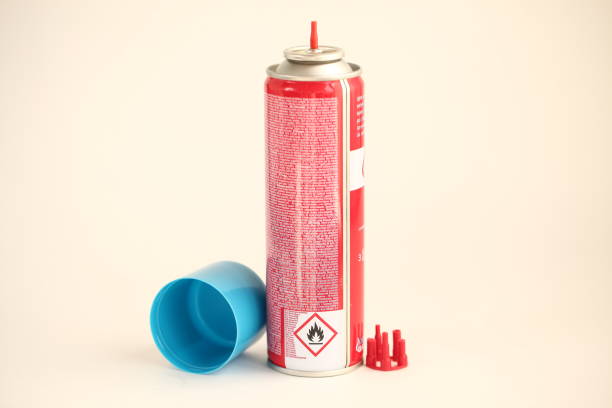
An aerosol gas cartridge is a pressurized canister filled with gas—usually butane, propane, or a blend of both. These gases are stored as liquids and are released as vapors through controlled valves when used.
They come in various sizes and shapes but share common features:
-
Steel or aluminum container
-
One-way valve
-
Standardized connection (Par exemple, bayonet, screw-on)
-
Flammable gas contents
Common Applications
Understanding what these cartridges are used for helps determine what specs you’ll need:
-
Camping and Outdoor Cooking
-
Portable gas stoves
-
Heaters
-
-
Kitchen Use
-
Culinary torches
-
Tabletop stoves
-
-
DIY and Repairs
-
Soldering torches
-
Heat guns
-
-
Pest Control
-
Foggers with gas cartridges
-
-
Hair and Beauty
-
Some portable hair styling tools
-
-
Emergencies
-
Compact heat or light sources during power outages
-
Sécurité: Are Aerosol Gas Cartridges Safe?
In general, yes—aerosol gas cartridges are safe if used correctly. Cependant, they contain highly flammable gases under pressure, which means safety precautions are crucial.
Key Safety Tips:
-
Keep away from heat: Never store or use near open flames or extreme heat.
-
Proper storage: Store in a cool, sec, well-ventilated area.
-
Ventilation: Always use in a well-ventilated area to avoid gas build-up.
-
Correct installation: Use cartridges only with compatible devices.
-
No punctures: Never puncture a cartridge unless you’re disposing of it properly.
-
No overuse: Don’t keep trying to use a nearly empty cartridge—it may cause sputtering flames.
Common Mistakes to Avoid:
-
Using damaged or rusty cartridges
-
Storing near direct sunlight
-
Throwing used cartridges into open fire
-
Keeping cartridges inside hot vehicles
Do Aerosol Gas Cartridges Expire?
Oui, they can.
Durée de conservation:
Most cartridges have a recommended shelf life of 5-10 années. Over time:
-
The gas may slowly leak.
-
The internal pressure may drop.
-
The metal body may corrode, especially in humid environments.
-
The valve may degrade or become less effective.
How to Check for Expiry:
-
Look for manufacturing date stamped on the bottom.
-
Inspect the canister for signs of rust or bulging.
-
Try shaking to feel if there’s gas inside—although this isn’t always reliable.
Even if it’s unused, discard cartridges that look old, rusted, or are past their safe usage window.
How to Store Aerosol Gas Cartridges Safely
-
Temperature Control: Keep them at 10°C–25°C (50°F–77°F).
-
Dry Environment: Avoid moisture to prevent rust.
-
Original Packaging: It adds another layer of protection.
-
Upright Position: Prevents valve damage or leaks.
-
No direct sunlight: UV rays can weaken the canister over time.
Disposal: What to Do With Used or Expired Cartridges
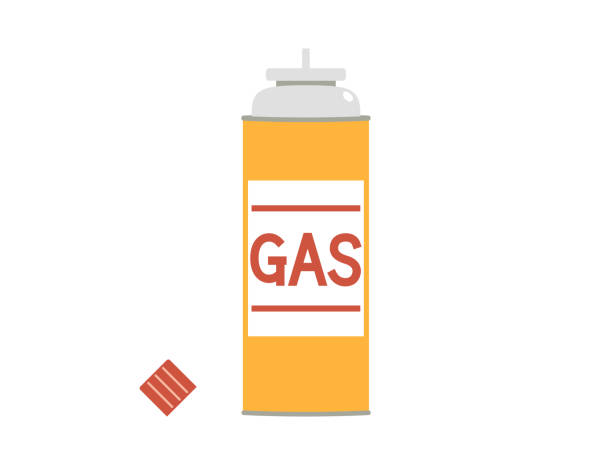
Never throw them into the regular trash without proper preparation.
Disposal Steps:
-
Use up all gas if possible.
-
Vent the canister in a safe, open space if partially used.
-
Puncture with care using designated tools.
-
Recycle at metal recycling centers that accept gas cartridges.
-
Check local laws—some regions have specific aerosol can disposal rules.
What to Consider When Buying Aerosol Gas Cartridges
1. Gas Type
-
Butane: Ideal for indoor use; burns clean; works best in warm temperatures.
-
Propane: Stronger flame; better in cold weather.
-
Butane/Propane Mix: Offers a balance of both.
2. Compatibility
Check the device manual:
-
Screw-on or bayonet type?
-
Pressure ratings?
-
Brand recommendations?
3. Capacité
Common sizes include:
-
220g (standard for portable stoves)
-
450g (camping torches)
-
100g (compact models)
4. Build Quality
-
Leak-resistant valves
-
Rust-proof metal
-
Certification (CE, POINT, ISO)
5. Brand Reputation
Choose from manufacturers with proven safety records and global presence—like FANXUN, known for producing a wide range of aerosol solutions in different shapes, materials, and gas blends.
Questions fréquemment posées (FAQ)
Q1: Can I fly with aerosol gas cartridges?
UN: Non. They are classified as hazardous materials and are banned from both carry-on and checked luggage.
Q2: What happens if the cartridge overheats?
UN: It may explode due to pressure build-up. Always store them away from heat sources.
Q3: Can I refill a used gas cartridge?
UN: Non. Most are single-use and not designed for refilling. Refilling poses serious explosion risks.
Q4: Why is my cartridge leaking?
UN: Possible reasons include faulty valve, incorrect installation, or expired unit. Stop using it immediately.
Q5: Are all cartridges the same size?
UN: Non. Sizes and valve types vary. Always check compatibility before buying.
Q6: Is there a difference between cheap and expensive brands?
UN: Yes—higher-end brands often offer better safety, consistent gas pressure, et résistance à la corrosion.
Q7: Can I use a butane cartridge in freezing weather?
UN: Pure butane performs poorly in cold climates. Use a butane-propane mix or pure propane instead.
FANXUN: Your Trusted Partner in Aerosol Gas Cartridges
As a user, qualité, fiabilité, and safety are top priorities—and that’s where FANXUN shines. UN world-class manufacturer and supplier, FANXUN offers:
-
A wide range of aerosol gas cartridges in different specifications and shapes
-
Industry-grade quality control
-
International certifications
-
Custom solutions for different industries—from consumer products to industrial tools
Whether you’re a brand looking to source gas cartridges or an end-user needing reliable performance, FANXUN provides unmatched expertise and production capability.
Réflexions finales
Aerosol gas cartridges are small but powerful tools that can make your outdoor trip, kitchen task, or repair job incredibly efficient. By understanding their history, handling them safely, and knowing what to look for when buying, you can make the most out of your experience.
And when it comes to quality and reliability, FANXUN stands at the forefront—ensuring users worldwide have access to safe, efficace, and durable gas cartridges that suit their unique needs.















